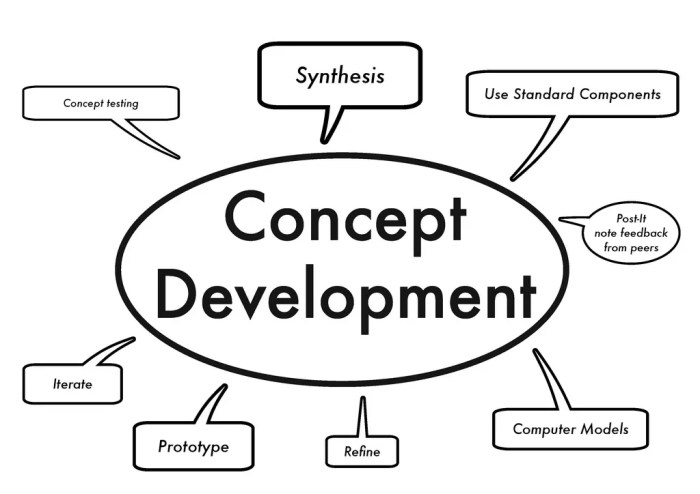Concept Development Practice Page 32-1 stands as a beacon of innovation, guiding practitioners through the labyrinth of creative thinking. This comprehensive resource delves into the intricacies of concept development, empowering individuals with the tools and techniques to transform abstract ideas into tangible realities.
As we embark on this journey, we will explore the fundamental principles that underpin concept development, examining real-world applications and delving into the methodologies that drive successful outcomes. Prepare to be immersed in a world where imagination flourishes and ideas take flight.
Concept Development Practice Page 32-1

The Concept Development Practice Page 32-1 serves as a comprehensive resource for educators and practitioners in the field of concept development. It provides a structured approach to understanding the key principles and methodologies involved in concept development, catering to the needs of both experienced professionals and those new to the field.
The page covers essential concepts such as concept formation, representation, and assessment, along with practical guidance on how to develop and apply concepts in real-world settings. Through a combination of theoretical explanations, examples, and interactive exercises, the page offers a comprehensive understanding of concept development theory and practice.
Example Concepts, Concept development practice page 32-1
The practice page explores various concepts related to concept development, including:
- Concept Formation: The process of creating new concepts or modifying existing ones based on experience and learning.
- Concept Representation: The different ways in which concepts can be represented, such as through language, symbols, or images.
- Concept Assessment: The methods used to evaluate the understanding and application of concepts.
These concepts are essential for understanding the nature of concepts and how they can be effectively developed and used in various contexts.
Methods and Procedures
The practice page discusses different methods and procedures for concept development, including:
- Concept Analysis: Breaking down concepts into their constituent parts to understand their structure and relationships.
- Concept Mapping: Creating visual representations of concepts and their connections to facilitate understanding.
- Concept Formation Exercises: Activities designed to stimulate concept development and improve concept formation skills.
These methods provide a systematic approach to concept development, enabling educators and practitioners to develop effective strategies for concept teaching and learning.
Table of Examples
| Concept | Definition | Real-World Application |
|---|---|---|
| Concept Formation | The process of creating new concepts or modifying existing ones based on experience and learning. | Developing a new concept of “sustainability” to address environmental concerns. |
| Concept Representation | The different ways in which concepts can be represented, such as through language, symbols, or images. | Using diagrams to represent the concept of “ecosystem” and its components. |
| Concept Assessment | The methods used to evaluate the understanding and application of concepts. | Conducting concept mapping exercises to assess students’ understanding of “evolution.” |
The table provides concrete examples of concept development in action, illustrating how these concepts are applied in real-world settings.
Illustrations and Visual Aids
The practice page incorporates various illustrations and visual aids to enhance understanding of the concepts discussed.
For instance, it includes concept maps to illustrate the relationships between different concepts and diagrams to represent complex ideas in a simplified and visually appealing manner. These visual aids provide a more engaging and accessible way to grasp the concepts and their applications.
Question & Answer Hub: Concept Development Practice Page 32-1
What is the purpose of Concept Development Practice Page 32-1?
Concept Development Practice Page 32-1 provides a structured framework and practical exercises to enhance concept development skills, enabling individuals to generate and refine innovative ideas.
What key concepts are covered in the practice page?
The practice page explores concepts such as idea generation, problem definition, solution development, and evaluation, providing a comprehensive understanding of the concept development process.
How are these concepts applied in real-world scenarios?
The practice page includes case studies and examples that demonstrate how concept development techniques are used to solve real-world problems in various industries, such as product design, marketing, and business strategy.

